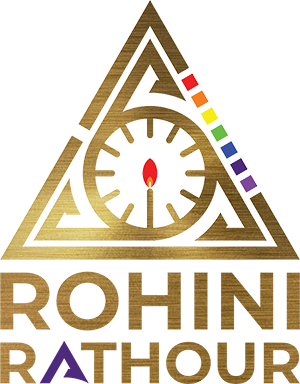Image by Pexels from Pixabay

Rohini Rathour
What’s in your backpack?
There was a time when I was energetic, happy and spontaneous. I skipped through life, light on my feet and without a care in the world. And then I acquired my first backpack and things changed.
We’re all backpackers in this journey of life. We're so busy getting somewhere that we don’t have the time to put the backpack down. Not even to take a look inside it to see what’s really there.
First, there’s the external backpack. It begins to fill when you become aware of the external world, the ecosystem you live in, the belief system you grew up with.
With time and practice, you became more accomplished and confident at dealing with challenges. Where you are now, you probably enjoy the external validation and recognition of a job well done.
Achievement becomes a measure of success and personal identity. Each new achievement brings with it rewards and responsibilities. The better you are at handling the load, the more loaded you become with additional responsibilities!
The backpack continues to grow in size and adds weight.
There is another less obvious place where we’re storing things. It is inside us: in the nooks and crannies of our body, in the unseen, shadowy parts of our being.
Every time you have an experience that sparks feelings that are hard to process, you add them to your internal stockpile of unprocessed emotions.
Over time, like dormant volcanoes, these wells of trapped energy begin to agitate and seek our attention. We may experience physical discomfort, disease or even chronic pain.
Our external backpack and our internal stores of old memories and emotions are connected.



It is impossible to feel light and liberated without addressing what is causing us to feel so weighed down.
When was the last time you put your backpack down and took a closer look to see what's in there?



And, with every decluttering exercise you create space in your being and a spring in your step.
The backpack is still there. When you place it back on your shoulders at least you will know what’s in it and why you carry it.
